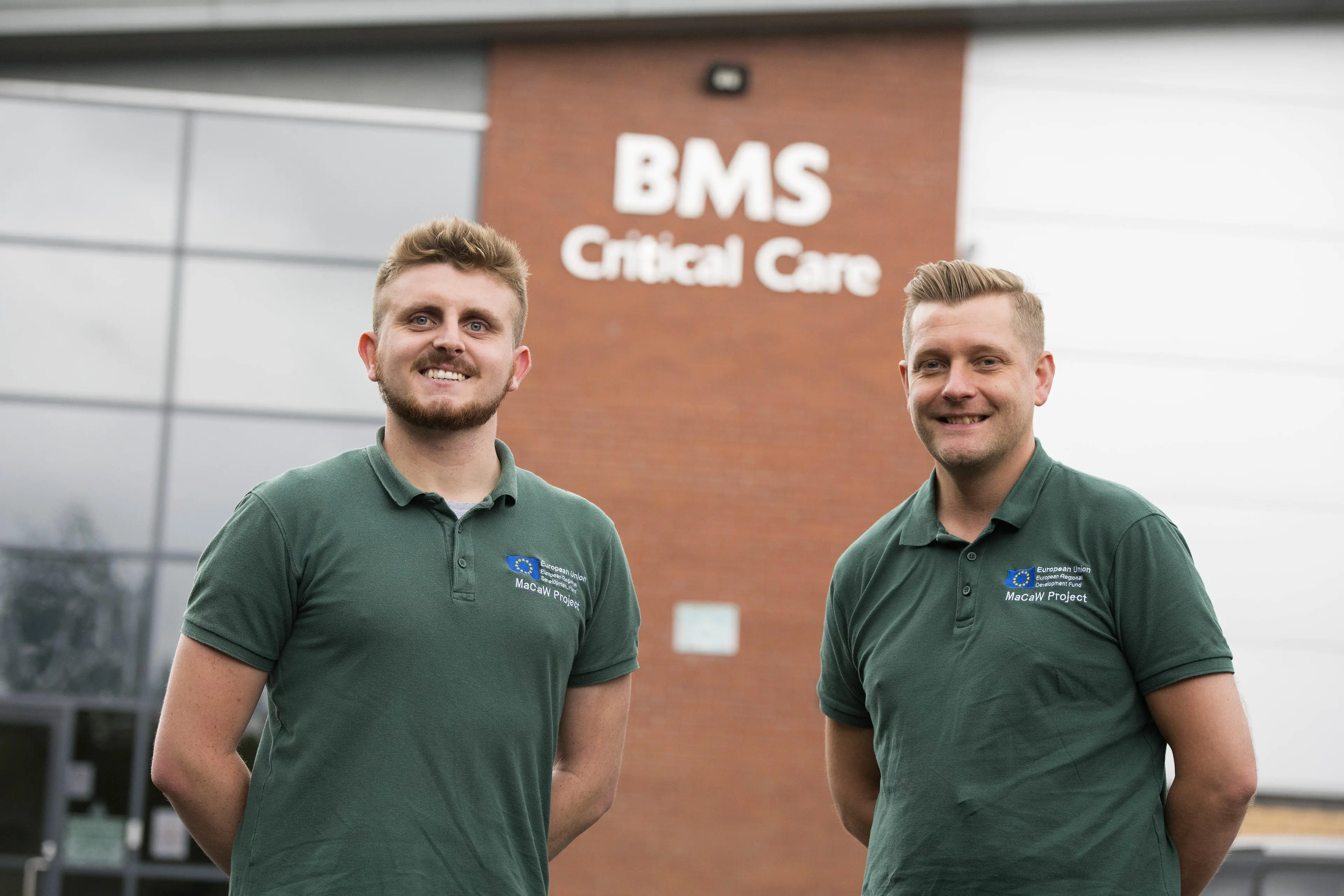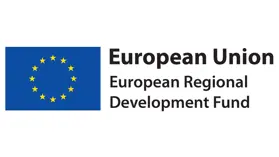The MaCaW project based in Preston was funded by the European Regional Development Fund alongside the University of Central Lancashire (UCLan) and was set up to help Lancashire-based small and medium-sized enterprises (SMEs) move to a low carbon model.
The academic/industry collaboration was designed to assist Lancashire SMEs in overcoming the challenges and barriers and worked with businesses to implement low carbon practices and processes to reduce their carbon burden as well as making cost savings.
The programme which ran from November 2017 through to June 2023 assisted 193 SMEs and provided carbon assessments, carbon management plans along with distribution of capital grants for the purchase of low carbon technology to local businesses based in Lancashire.
The project helped raise awareness of the issues surrounding climate change across Lancashire through social media campaigns, articles in business press, presentations at business events, active networking, and case studies.
Tom Reardon from Bloom in Box, a market leader in eco-friendly floristry packaging saw first-hand the benefits through working with the project. During Covid restrictions, MaCaW worked with Tom remotely to put together a carbon report. Tom sent billing data, photographs and background information to the MaCaW team and they spoke regularly over Microsoft Teams.
"The carbon report showed us that solar could save us 12.75 tonnes of CO2e per annum - a 38.6% reduction - and save us almost £5,500 per year in bills."
— Tom Reardon, Bloom in Box
J Wareing & Sons, was another business which benefitted from the project’s audit. The business conducted several improvements after recommendations were made, including an additional solar array, minimising compressed air leaks and switching to electric vehicles. One of the key recommendations was the completion of the switch to LED lights, for which they were able to apply for (and receive) £15,000 of matched funding.
Matthew Hastwell, Steel Detailer at J Wareing & Sons said: “We had already changed the office lights to LED but the MaCaW audit found that switching the entire site to LED would save us about £20,000 a year. And we got a grant.”
Noting the value the project brought to the local area, MaCaW Business Engagement Manager Mark Nelson said: “We have managed to help Lancashire SMEs reduce their carbon impact by 3,500 tonnes CO2e as well as identifying a further 4,500 tonnes of CO2e savings which these SMEs can work towards in the future.”
As the government funding for this project ended on 30 June 2023, please visit the Centre for Waste Management page for more information on other low carbon support available through the university. For any other support for your business please contact our Business Enquiries Team or call us on +44 (0) 1772 895500. This support could be related to your research, development, training and consultancy needs.


